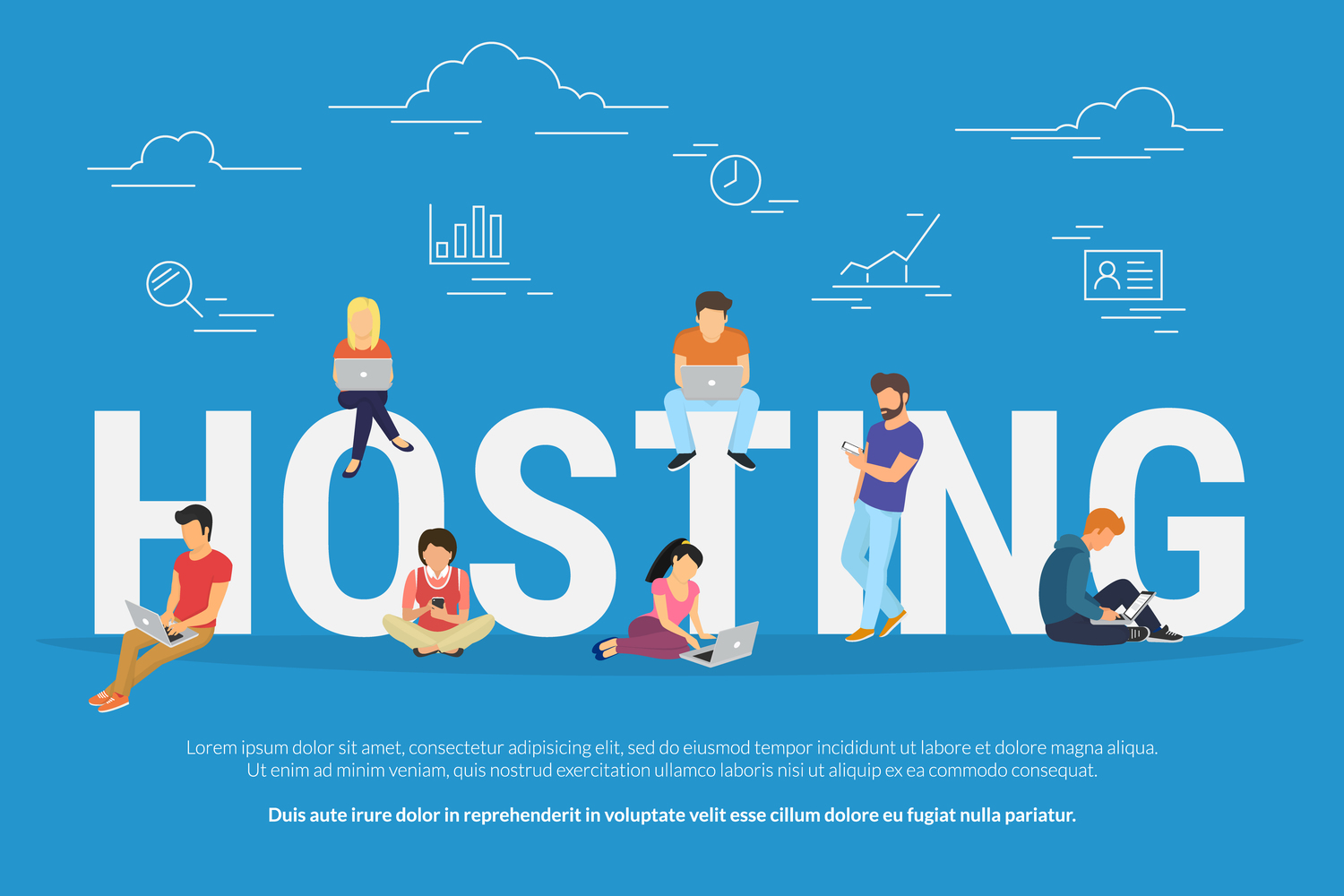Essential Factors When Choosing a Web Hosting Provider
Choosing the right web hosting service requires understanding key security features and potential limitations. Whether opting for free or premium plans, evaluating backup, security protocols, and support is essential. This guide highlights crucial factors to consider to ensure your website remains safe and performs optimally, especially when exploring free options for testing or initial deployment. Upgrading to paid hosting becomes necessary as your online presence grows to access better security, reliability, and support for your business's success.

Essential Factors When Choosing a Web Hosting Provider
A web hosting service supplies individuals and organizations with the necessary hardware and software infrastructure to keep their websites operational. These services handle backend management, maintenance, and provide dedicated support to ensure smooth website performance.
Is Free Web Hosting Reliable and Safe?
Web hosting providers offer domain registration, storage solutions, bandwidth, databases, and various tools to keep your website accessible. Free hosting offers a valuable testing ground for startups and small businesses before upgrading to paid plans. The safety of free hosting depends on security measures such as data protection protocols and secure connections.
How to Assess the Security of Free Web Hosting
Data Backup and Recovery
Protecting your website data is crucial. Confirm if the provider offers backup and restore options. While free plans might not include automatic backups, some allow manual data backups to prevent loss during outages.
Secure Server Connections
Ensure the hosting provider uses encrypted transfer protocols like SFTP and SSL certificates to establish secure links.
You should review plans from different providers to verify if their free hosting includes adequate security features and backup options.
Malware Defense
Regular scanning and malware removal tools are vital for website security. Not all free plans provide these features, so opt for providers that include basic malware protection, with options for upgrades.
DDoS Attack Prevention
The capability to mitigate Distributed Denial of Service attacks is essential to maintain website uptime and protect visitor data, even on free hosting plans.
While free hosting can be useful, it often comes with limitations and security concerns. To gauge its safety compared to premium services, check for essential security protocols and features.
Common issues with free web hosting include:
Advertisements
Free hosts often display ads on your site, detracting from professional appearance and annoying visitors.
Branding Limitations
Free providers may place their logos or branding on your site, and their domain may appear after your URL, impacting your brand image.
Limited Customer Support
Support services are usually minimal, and immediate assistance may be unavailable, posing risks during technical issues.
Uptime Instability
Unlike premium plans with high availability guarantees, free hosting may suffer from outages, affecting site accessibility.
Page and Storage Limits
Free plans restrict the number of pages and storage space, potentially hindering business growth.
Bandwidth Sharing
Bandwidth is shared among multiple users, leading to slower load times and performance issues.
Upgrade Costs
To access advanced features, you will need to pay for premium plans, which may be necessary as your website scales.
In conclusion, free hosting is suitable for testing or short-term projects but consider paid options like VPS or dedicated hosting for long-term success and enhanced security.
Note:
Our blog provides insights across various topics, helping readers make informed decisions. Please treat the information as a guide rather than definitive advice. Our team is not responsible for discrepancies or outdated data. Be aware that some offers or schemes might be more beneficial than those discussed here, so always do your research.










